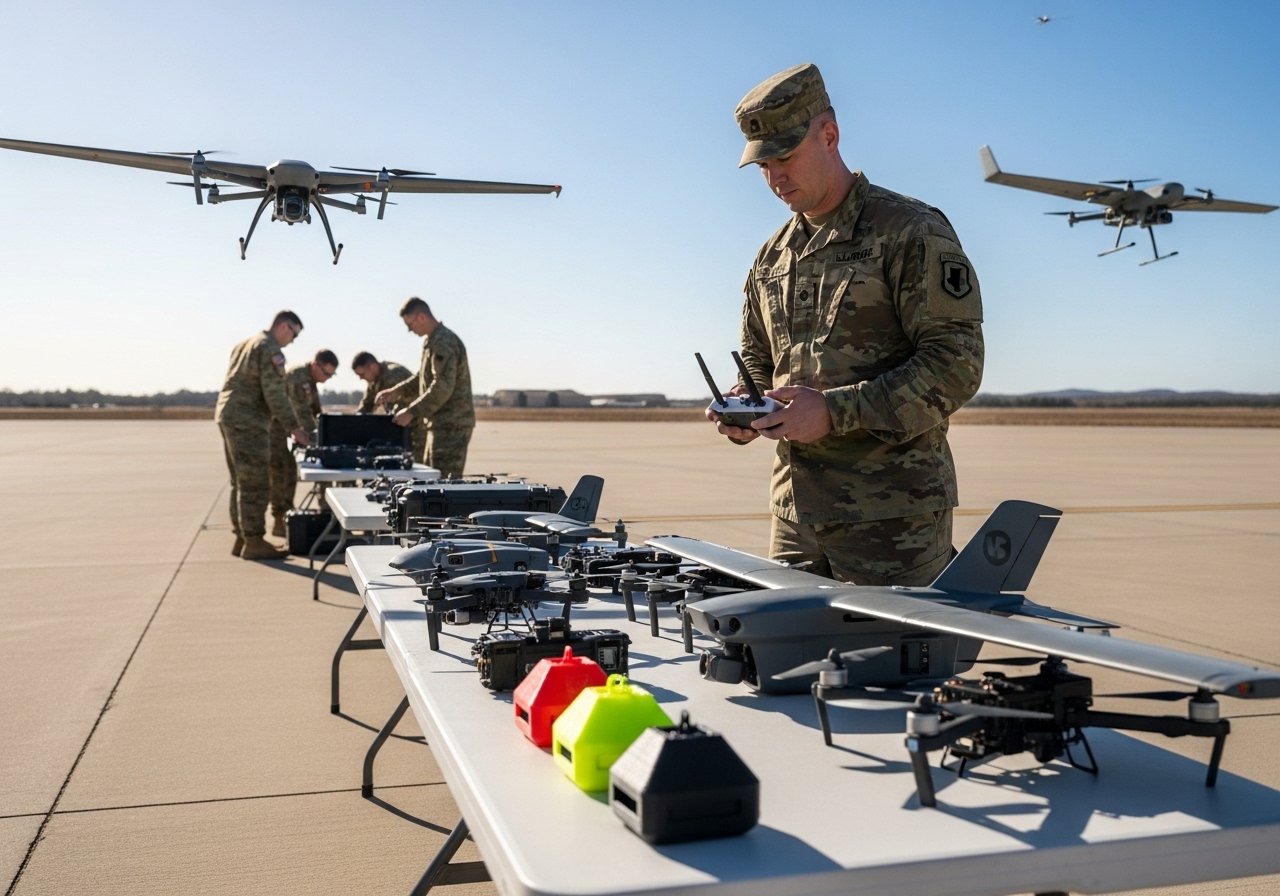Sixty-eight percent of active-duty military personnel are overweight or obese, according to data from the Defense Department; in the past ten years, the number of these individuals with eating disorders has increased dramatically, according to a nonprofit.
The American Security Project paid for the study, which showed that more than one-third of military members are overweight or obese. This was mentioned as the main reason why people couldn’t join the military and as the main reason why people got hurt in the service or had to be medically discharged.
Within the last ten years, the number of people who are obese has also more than doubled. Rates were 10.4% in 2012, but they shot up to 21.6% in 2022.
The normal body mass index is used for calculations, but the Military Times said that it is prone to underestimating obesity compared with more advanced methods. The study suggested that people with a high BMI should be sent to doctors who specialize in treating fat.
There may be some more surprising problems with BMI, since the American Medical Association said in June 2023 that it had changed its stance on the measure. “BMI is calculated primarily on data gathered from past generations of the non-Hispanic white populations,” the group stated, acknowledging “historical harm” as well as “racist exclusion” linked with the measure.
The study suggested that the military keep an eye on abdominal fat, body makeup, relative fat mass, waist size, and genetic and metabolic factors.
The study also said that “pre-accession weight reduction programs” have helped the military meet its recruitment goals, even though there is a shortage of people who want to join. Applicants for these kinds of programs often have to go through a fitness program on base, which helps trainees hit the weight they need for basic training.
A lot of the time, trainees in these programs get paid the same as new soldiers.
Matthew Wallin, the CEO of the American Security Project, stated, “The rising rates of obesity are particularly alarming at this point when we are having a hard time finding enough workers for the military. No one who is fighting for our country should be left alone and without the tools they need to fight their own battle against obesity.”
Along with problems with body mass, there is a sharp rise in eating disorders in the military forces. From 2017 to 2021, the number of these disorders rose by almost 80%.





